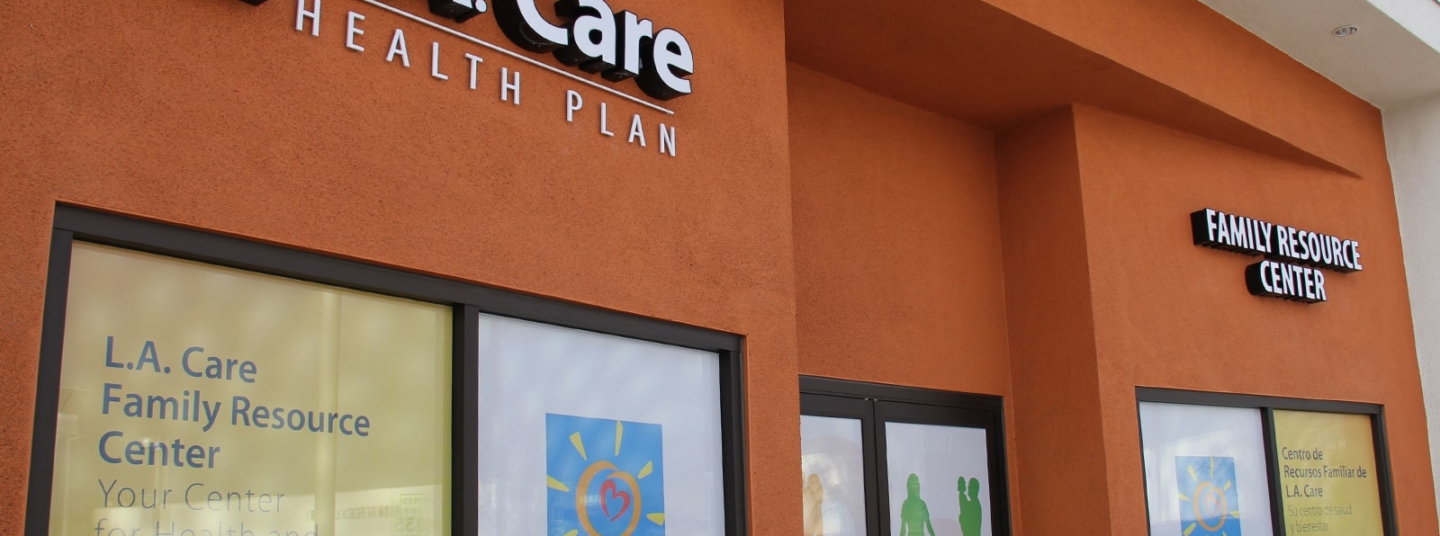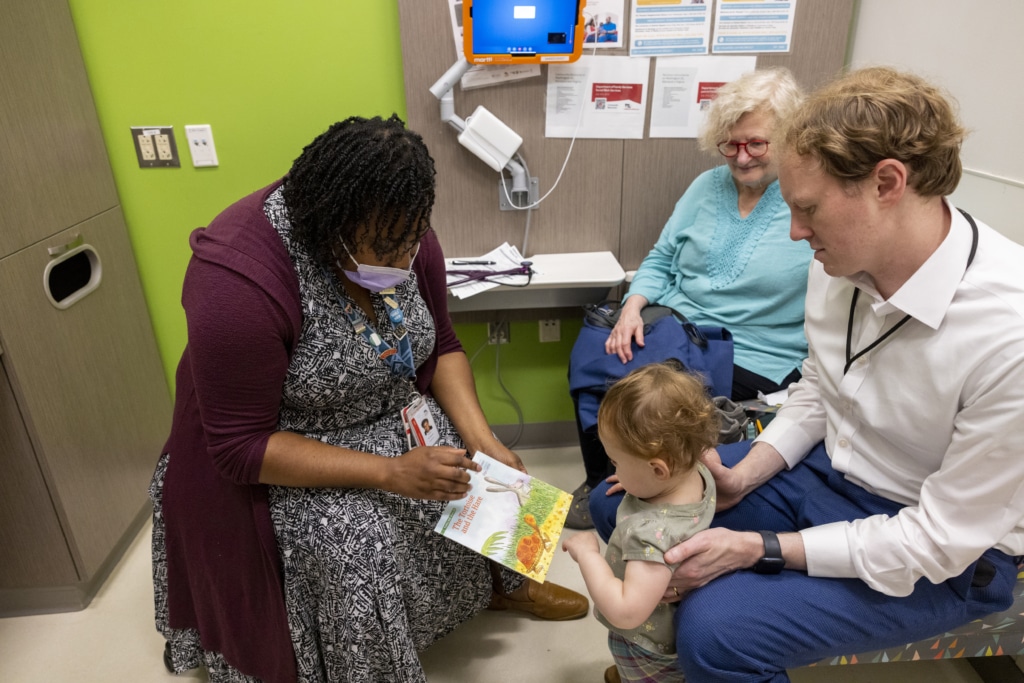Through a combination of practice coaching, workflow integration, provider education, and large-scale community outreach, the initiative led to a 30% increase in developmental screening rates across six high-volume pediatric practices.
Despite gains in screening, challenges remained in closing referral loops and collecting reliable referral data. The project underscores the importance of tailoring support to practice readiness, embedding changes into electronic medical records, and fostering community partnerships. It demonstrates that sustainable, system-wide improvements in early identification and intervention require coordinated, multi-sector strategies that engage providers, families, and policy leaders alike.













